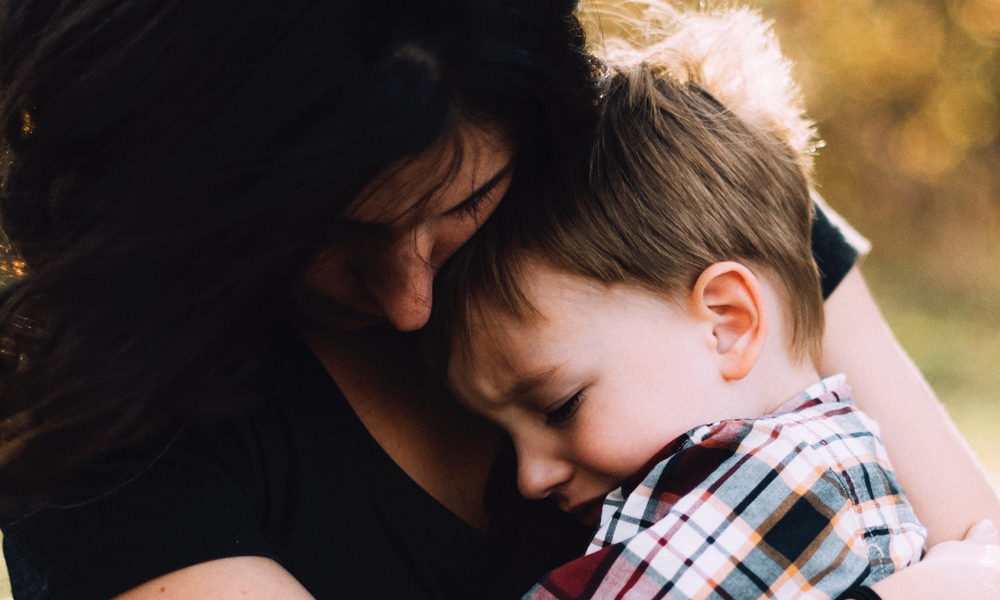Patience can be a real challenge for many of us. Just to get through one day without feeling frustrated or upset becomes a rare event! Why is it so hard not to feel agitated when faced with frustrating situations?
Lets look at some ways we can regain more control over our emotional responses so that we can deal with any situation calmly and effectively. Why? Because there are some really big benefits to mastering your emotions; things like..
- Stronger and more successful friendships and relationships.
- Reduced stress levels and overall better mental health.
- Better decision making and avoiding mistakes.
- Better understanding, compassion and empathy for others.

Some Practical Steps
1 Slow down.
Are you the sort of person that tries to hurry things up? You want things done now, immediately. You know what needs to happen, so why can’t other people just get on and do it… STOP. Practice pausing. Take a few deep breaths before your next action. This will slow your heart rate and help you to relax your body. Consciously decide that you are not going to allow yourself to get worked up. Remind yourself that you always have a choice in how you react in every situation.
2 Identify Your Emotional Triggers.
These could be people, phrases or specific situations that regularly cause your frame of mind to become agitated. Know what these are and prepare yourself ahead of time. What will you say, or not say? How can you diminish the importance of these triggers and instead shift you focus on the ‘bigger picture’?
3 Know Your Physical Triggers.
Some people who struggle with their tolerance are not reacting to emotional triggers. Rather, it is their physical state that is causing their impatience with others. Issues such as hunger, dehydration, or fatigue can cause mood changes and reduce tolerance to frustration. Understand your physical state the next time you start to feel impatient. A simple remedy might be getting some food or hydration!
4 Release Expectations.
Don’t expect too much from other people. Also, just because you do things a certain way, keep in mind that other people will have their own way too. Just let others be themselves.
5 Practice Empathetic Listening.
Always give your full attention to the person you are speaking to, and always plan a constructive mutual solution to any issue. Don’t play the Blame Game! You need to take your mouth off ‘auto pilot’ and really think about what you are going to say next.
6 Practice Meditation.
Now obviously we can stop and meditate in the middle of a frustrating situation. But, in learning to regularly practice meditation, you are learning how to ‘center’ yourself and feel calm. We can call on this skill anytime we start to feel our tolerance being tested.
Remember, if you struggle with impatience then you are not alone. If you really want to build happy productive relationships, then it is worth practicing these techniques and making a habit. When you make it an active part of your self-discipline, patience will work in your favor, reducing your stress and improving your level of compassion and overall happiness.
I hope you enjoyed this article on how to develop more patience and tolerance.
